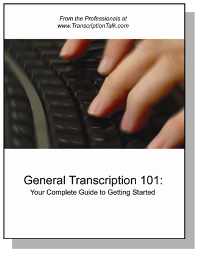English grammar rules call for semicolons to be used to join two independent clauses when a conjunctive adverb such as however or therefore is used between the two. However, when a subordinating conjunction such as although or whereas is used, the clauses should be joined only by a comma.
There was not a cloud in the sky; however, the forecast called for rain.
Although the forecast called for rain, there was not a cloud in the sky.
I don't know about you, but while the above examples are fairly common, when I come across some of the less common words, I'm not sure whether they should be joined with a comma or semicolon. To help save myself some research time, I put together this list.
(I had hoped to present these in a table for you, but it's not working for me at the moment, and I wanted to go ahead and get these up anyway!)
Conjunctive Adverbs
accordingly
also
anyway
besides
certainly
consequently
finally
further
furthermore
hence
however
incidentally
indeed
instead
likewise
meanwhile
moreover
namely
nevertheless
next
nonetheless
now
otherwise
similarly
still
then
thereafter
therefore
thus
undoubtedly
Subordinating Conjunctions
after
although
as
as if
as long as
as much as
as soon as
as though
because
before
even if
even though
how
if
inasmuch
in order that
lest
now that
provided (that)
since
so that
than
that
though
till/’til
unless
until
when
whenever
where
wherever
while
Wednesday, June 4, 2008
Conjunctive Adverbs versus Subordinating Conjunctions
Posted by Mandi at 11:10 AM
Labels: grammar and spelling, punctuation
Subscribe to:
Post Comments (Atom)









































0 Comments:
Post a Comment